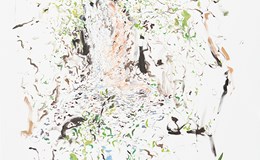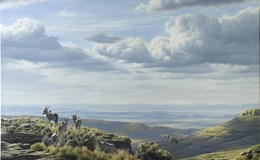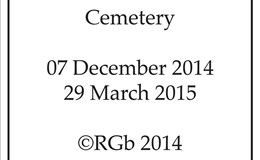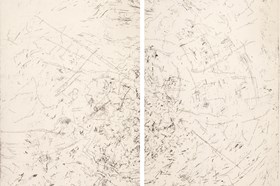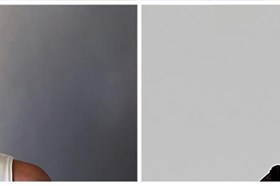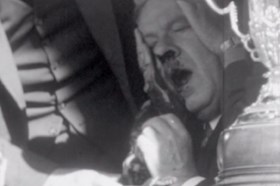'Scenes of a Romantic Nature'
Deborah Poynton at STEVENSON in JohannesburgSTEVENSON is pleased to present Deborah Poynton's seventh solo exhibition with the gallery, 'Scenes of a Romantic Nature'.
Poynton will exhibit 21 large canvases and, for the first time, two series of corresponding drawings. This new body of work reflects her assertion that: 'Art is an offering, a show that mirrors the show we form around ourselves as we move through our scenery. Art is always artful, a ruse, a trick. It is part of the dream that we inhabit.'
In the painting series 'Scenes of a Romantic Nature', she continues her investigation into 17th to 19th century European painting, with particular focus on the works of German Romantic landscape painter Caspar David Friedrich. Poynton's signature scenes constructed with elements cut from the world around us - flora and fauna, man-made objects, people and natural environments - are saturated with colour and detail; these canvases function as pictures to be looked at, or scenes for observation, rather than worlds to be entered.
A related series of 'Proposition' paintings is rooted in her research into Ukiyo-e Japanese woodblock prints, literally 'pictures of the floating world'. In vast fields of white canvas, Poynton experiments further with attention to detail and the calligraphic action of mark-making. Deposits of pure colour read like descriptions of micro-worlds, as intense as the 'Scenes of a Romantic Nature' but suggesting a more essential treatment that is equivalent in conceptual content and rigour.
Seen together and interlinked, the two series compound what Poynton has always suggested, that for her 'there is a great emptiness in every kind of image. A finished, perfected work remains as insubstantial as the slight lines that first form a proposition on the canvas. All images are just propositions, in that they show up the difficulty we have in perceiving the world except through the filter of ourselves.'
In the series of drawings 'Scenes of a Romantic Nature', Poynton focuses on landscapes, natural scenes and close-ups of figures, building up the surface with a meticulous attention to detail, but with a deep sense of the subject's unfathomable distance. In the Proposition drawings, her lines lie scattered across the paper as if detached from any origin in the real world. Poynton communicates her attraction to the distant and the detached with a quote from the author John Banville who, she believes, best captures the mystery of perception:
Sometimes the beauty of things, ordinary things - those unseen flowers, this burnished foliage, the honeyed sunlight on the pavement at her feet - pressed in upon her urgently while at the same time the things themselves seemed to hold back, at one remove, as if there was an invisible barrier between her and the world. (John Banville, writing as Benjamin Black, 'The Silver Swan')
12 February - 20 March




